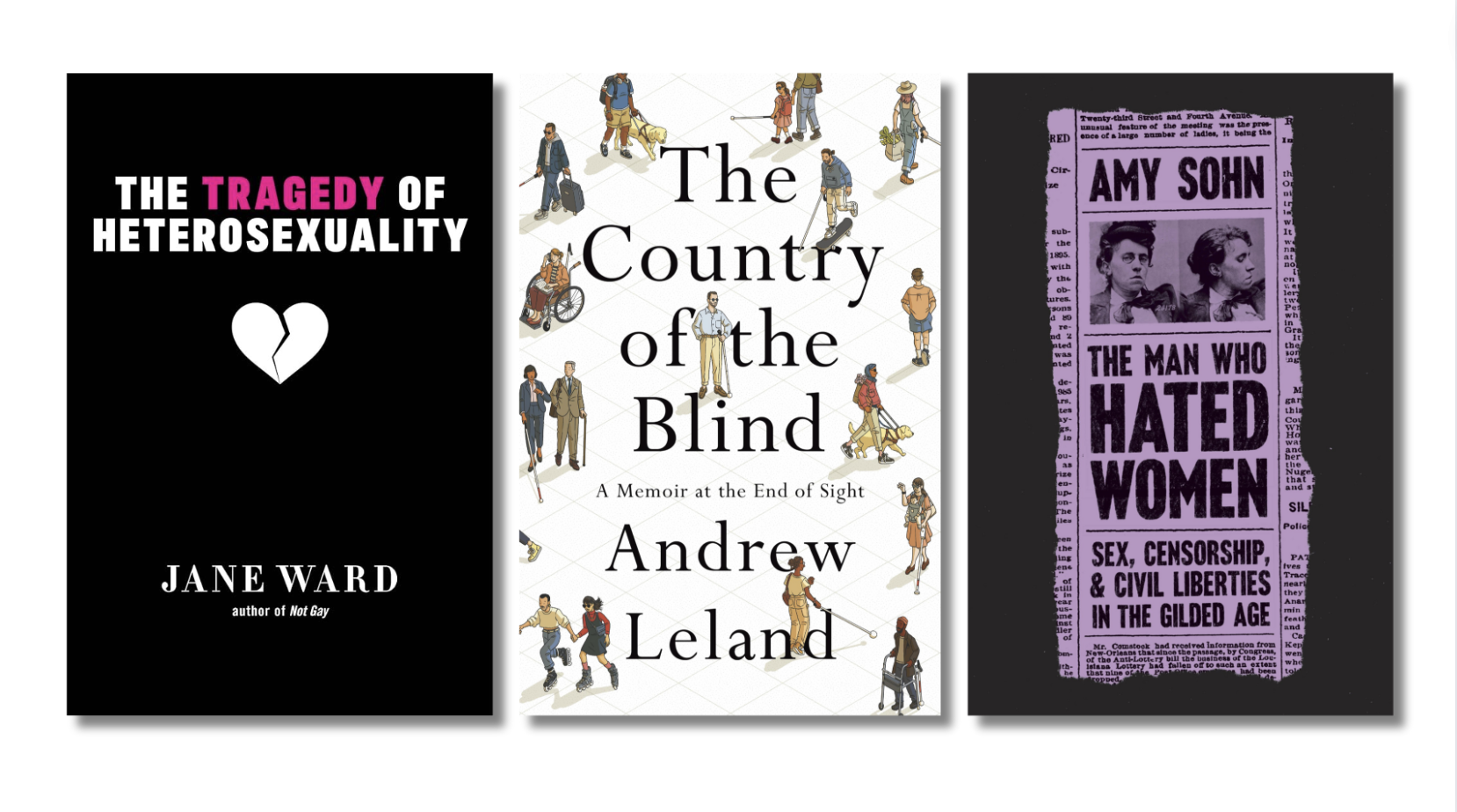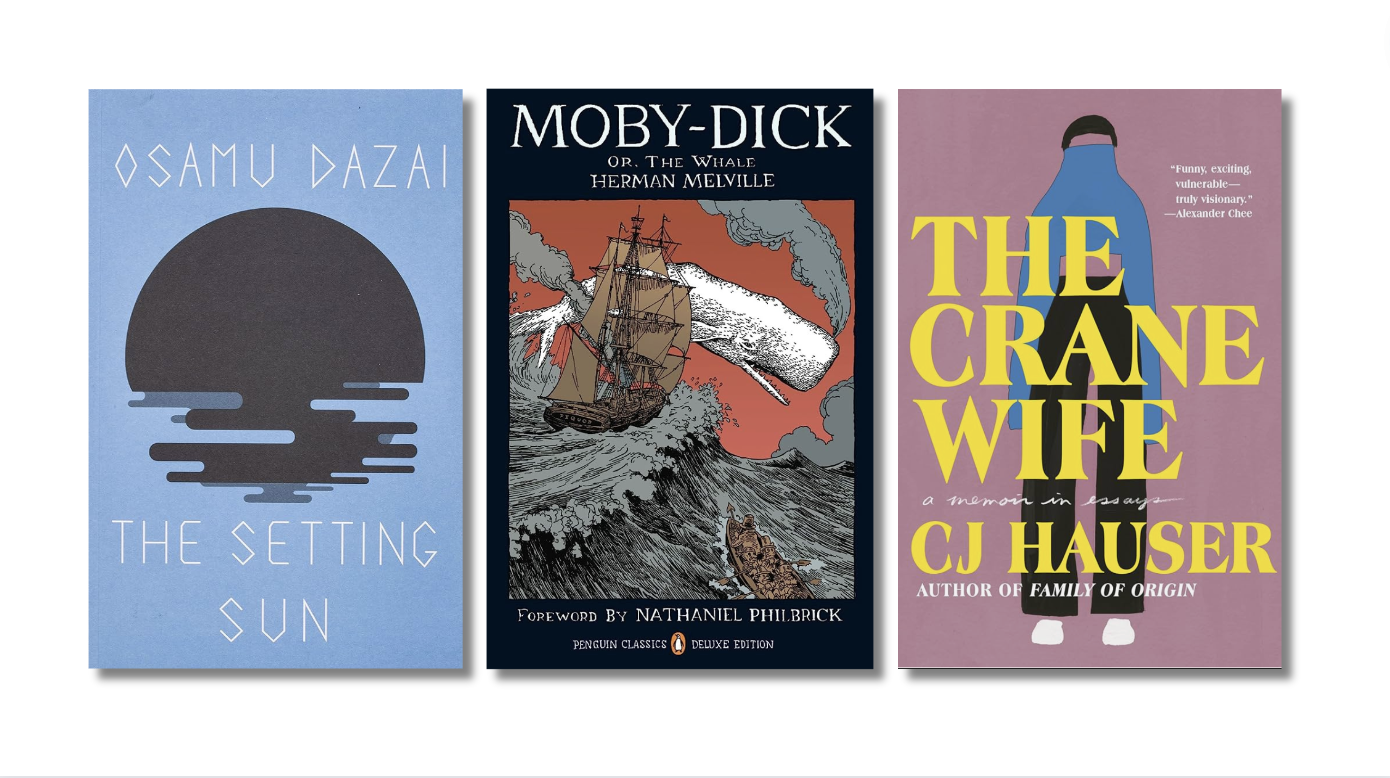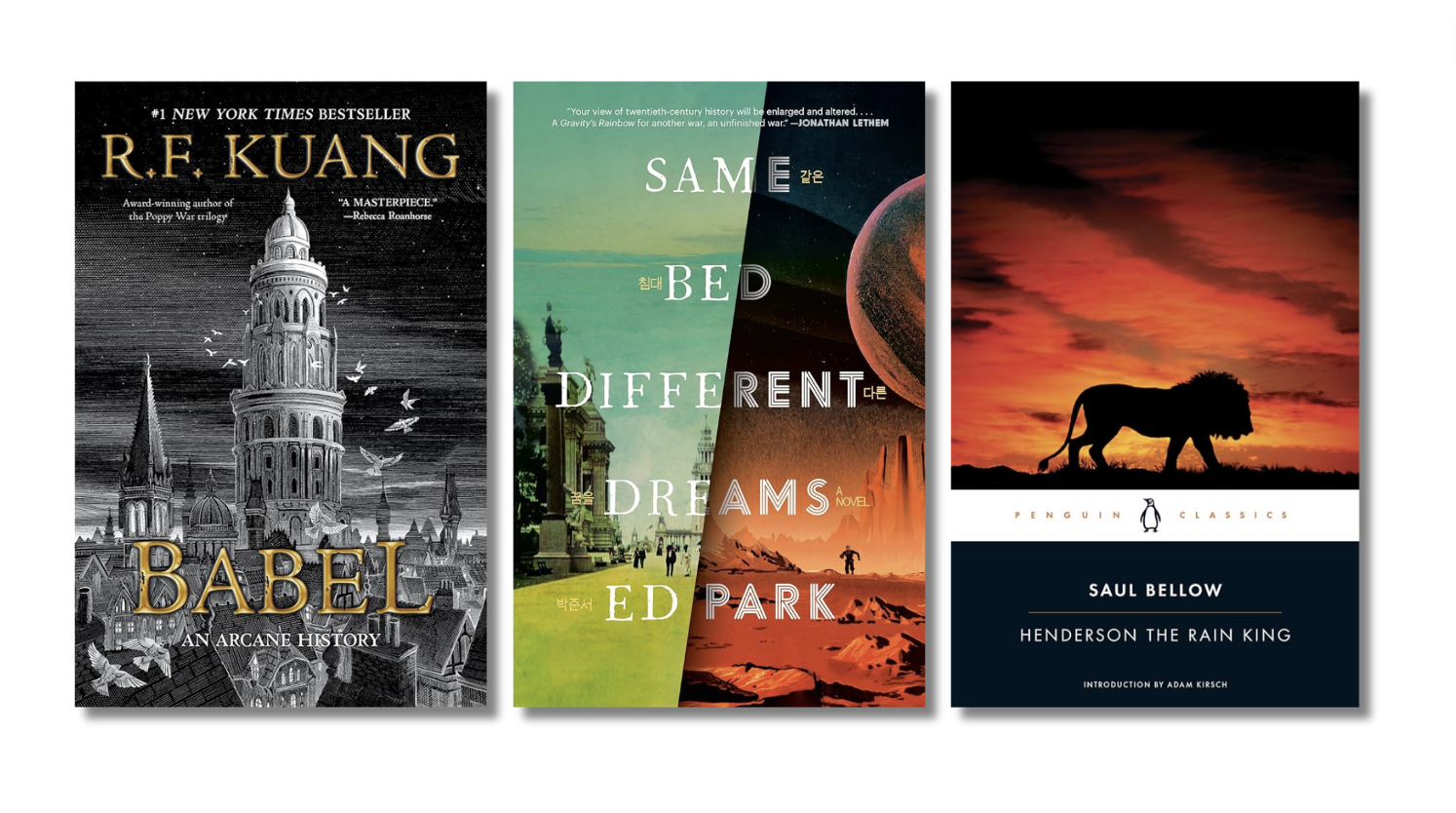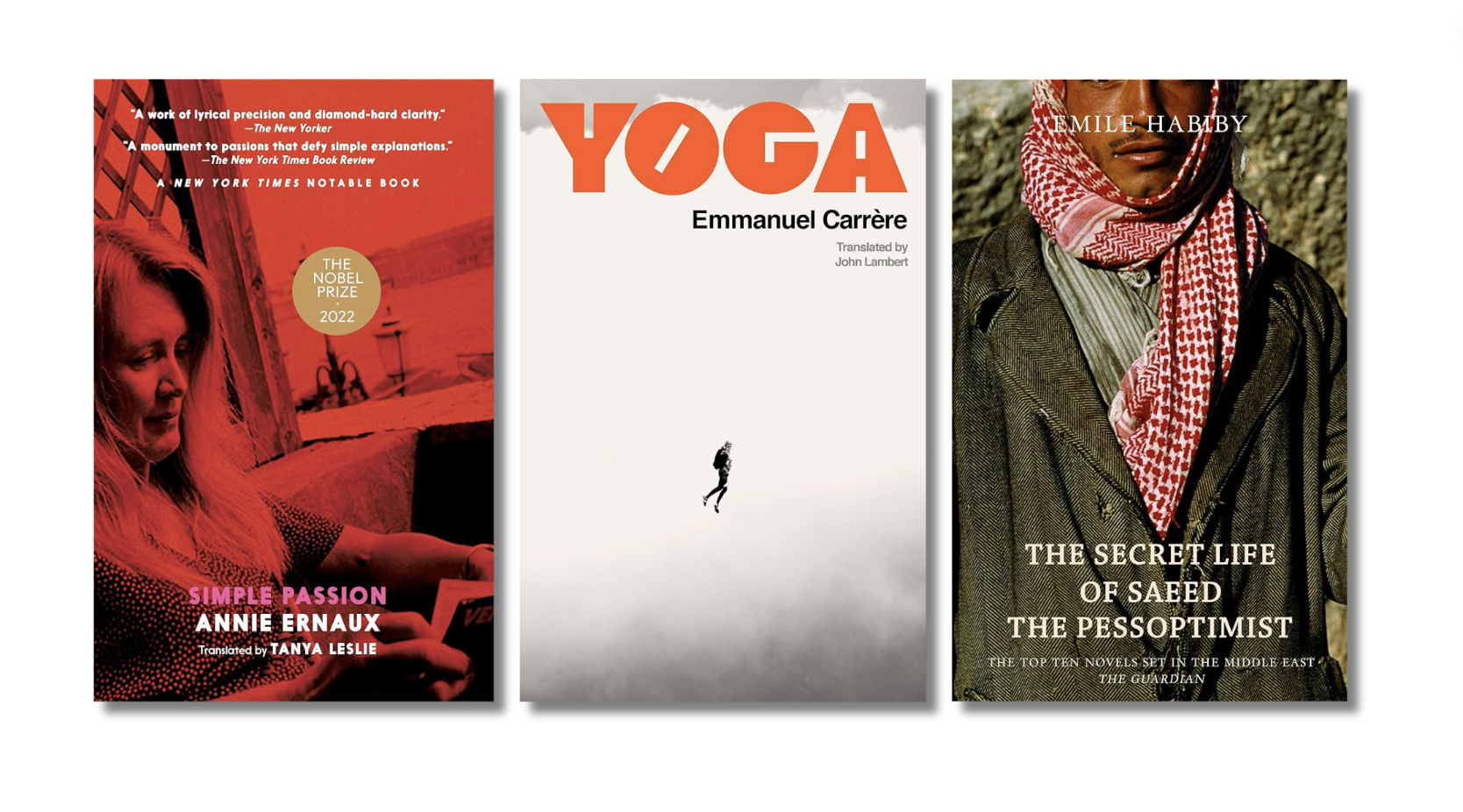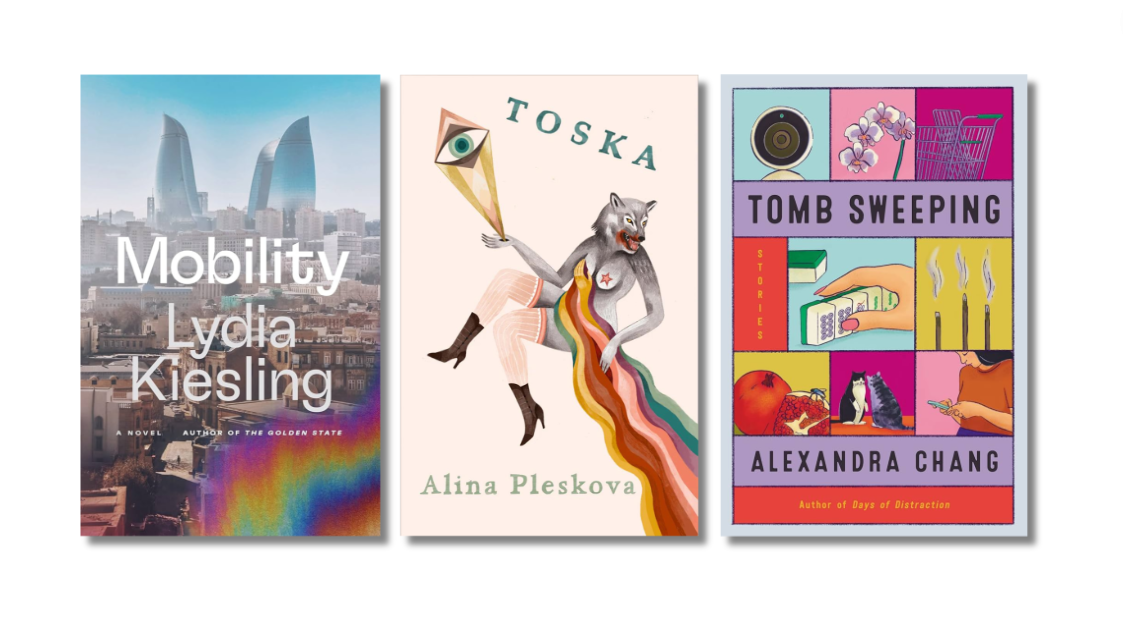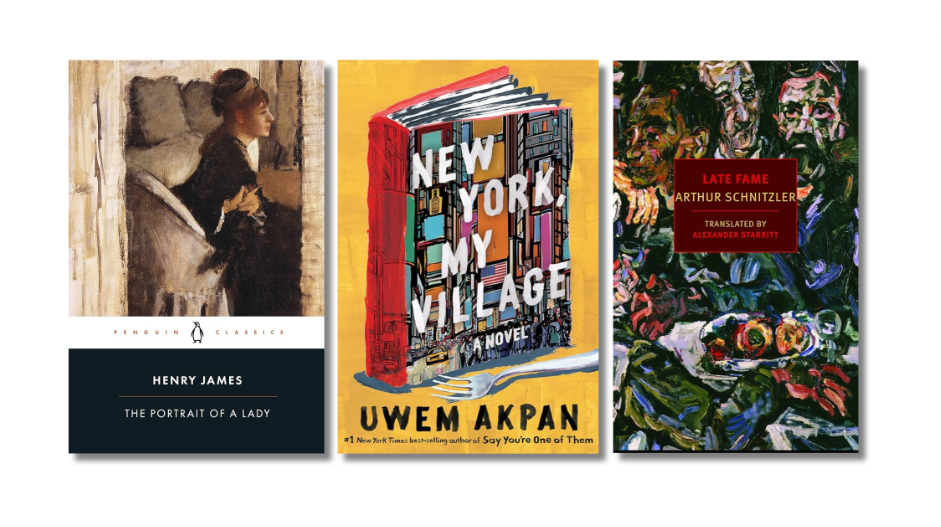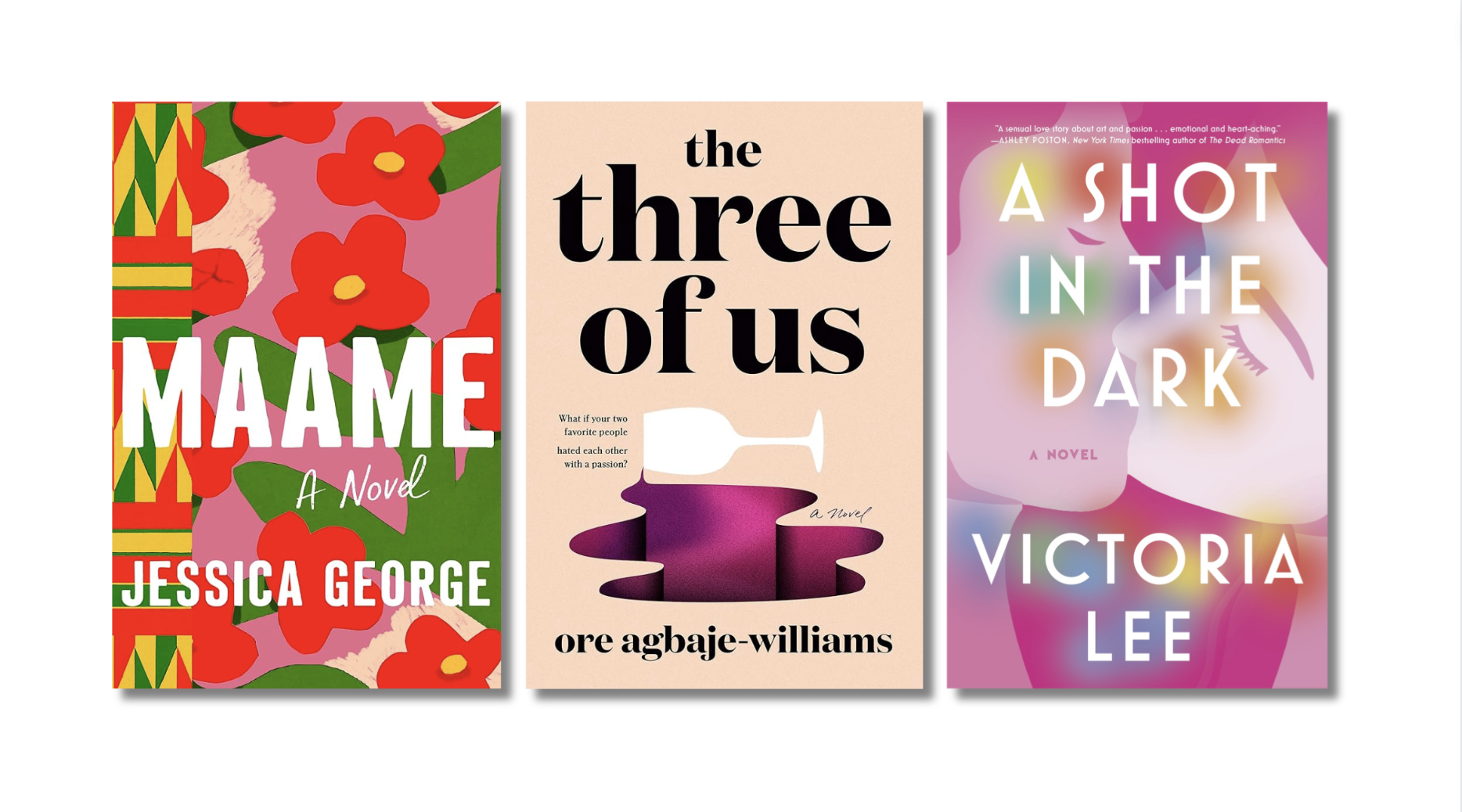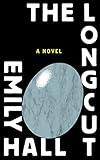
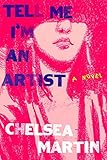

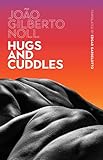 In 2022, I reviewed 13 books, including Emily Hall’s The Longcut, Chelsea Martin’s Tell Me I’m an Artist, Li Zi Shu’s The Age of Goodbyes, and João Gilberto Noll’s Hugs and Cuddles. Between reviews, I read for pleasure, browsing library stacks and store windows, jotting down titles and authors referenced in the books I owned, as if, once decoded, they would unravel into reading lists.
In 2022, I reviewed 13 books, including Emily Hall’s The Longcut, Chelsea Martin’s Tell Me I’m an Artist, Li Zi Shu’s The Age of Goodbyes, and João Gilberto Noll’s Hugs and Cuddles. Between reviews, I read for pleasure, browsing library stacks and store windows, jotting down titles and authors referenced in the books I owned, as if, once decoded, they would unravel into reading lists.

 Using the latter of these methods, I discovered Iris Owens. Maggie Nelson had mentioned After Claude in her book On Freedom as an example of “satire focused on the Venn diagram of sex, drugs, abjection, and liberation.” After Claude was a raucous read, beginning, “I left Claude, the French rat,” and ending with an orgy in the Chelsea Hotel, after which the narrator observes:
Using the latter of these methods, I discovered Iris Owens. Maggie Nelson had mentioned After Claude in her book On Freedom as an example of “satire focused on the Venn diagram of sex, drugs, abjection, and liberation.” After Claude was a raucous read, beginning, “I left Claude, the French rat,” and ending with an orgy in the Chelsea Hotel, after which the narrator observes:
I opened a fresh pack of Marlboros and stared at the brown and white circles. I had no thoughts, only a dim awareness of myself listening and waiting.
Owens’s mood aligned perfectly with mine in the early days of the year, glancing out at the vast expanse of calendar days, at a time when the coronavirus’s Omicron variant was raging seemingly without end.
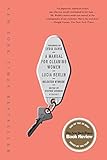

 On the recommendation of the director of the art museum where I worked, I read Lucia Berlin’s A Manual for Cleaning Women. I fell for the tough-cookie prose and sordid absurdity: nowhere else have I encountered a description of a man pulling out his own teeth that so disgusted and captivated me. I went from Berlin to the florid, formal cadences of Marie NDiaye, having pilfered Three Strong Women from my partner, whose translation of Lee Young-ju’s Cold Candies I later reread while killing time in Grolier where it was sold.
On the recommendation of the director of the art museum where I worked, I read Lucia Berlin’s A Manual for Cleaning Women. I fell for the tough-cookie prose and sordid absurdity: nowhere else have I encountered a description of a man pulling out his own teeth that so disgusted and captivated me. I went from Berlin to the florid, formal cadences of Marie NDiaye, having pilfered Three Strong Women from my partner, whose translation of Lee Young-ju’s Cold Candies I later reread while killing time in Grolier where it was sold.


 As the weather began to thaw, I began waiting for Jean Genet’s Prisoner of Love to come through an interlibrary loan. The book, a posthumously published account of the author’s time spent with Palestinian guerrilla fighters and the Black Panthers, was introduced to me by way of Moyra Davey’s Index Cards, a collection of the artist’s essays I revisit each time I venture to write anything remotely diaristic, as I’m doing now. In her essay “Burn the Diaries,” Davey gives herself (or the reader) a most enigmatic set of instructions: “Cut Genet in half to read on the subway. Then drop into embalmed sleep.” I reserved Prisoner of Love in early spring and picked it up in October.
As the weather began to thaw, I began waiting for Jean Genet’s Prisoner of Love to come through an interlibrary loan. The book, a posthumously published account of the author’s time spent with Palestinian guerrilla fighters and the Black Panthers, was introduced to me by way of Moyra Davey’s Index Cards, a collection of the artist’s essays I revisit each time I venture to write anything remotely diaristic, as I’m doing now. In her essay “Burn the Diaries,” Davey gives herself (or the reader) a most enigmatic set of instructions: “Cut Genet in half to read on the subway. Then drop into embalmed sleep.” I reserved Prisoner of Love in early spring and picked it up in October.
 Six months before Annie Ernaux won the Nobel Prize in Literature, I was in New York, curating an exhibition and conducting studio visits with artists. There, I let Exteriors act as my guide. I was at a farmer’s market in Park Slope, on my way to a poetry reading; at the same time, I was with Ernaux at a butcher’s counter in Paris, where a female customer specified, “I’d like a steak for a man.” Exteriors taught me—or, rather, reminded me—what it was to observe strangers with compassion and humor, what it was to be conscious of my coordinates in space and yet diffused, everywhere and nowhere at once.
Six months before Annie Ernaux won the Nobel Prize in Literature, I was in New York, curating an exhibition and conducting studio visits with artists. There, I let Exteriors act as my guide. I was at a farmer’s market in Park Slope, on my way to a poetry reading; at the same time, I was with Ernaux at a butcher’s counter in Paris, where a female customer specified, “I’d like a steak for a man.” Exteriors taught me—or, rather, reminded me—what it was to observe strangers with compassion and humor, what it was to be conscious of my coordinates in space and yet diffused, everywhere and nowhere at once.
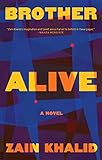


 In New York, I also read Zain Khalid’s Brother Alive, Elvia Wilk’s Death by Landscape, and Kathryn Davis’s Aurelia, Aurélia. Jem Calder’s collection Reward System caught my eye in a bookstore in Long Island City with this opening sentence:
In New York, I also read Zain Khalid’s Brother Alive, Elvia Wilk’s Death by Landscape, and Kathryn Davis’s Aurelia, Aurélia. Jem Calder’s collection Reward System caught my eye in a bookstore in Long Island City with this opening sentence:
At the beginning of a December fifty-seven harvests prior to the Food and Agriculture Organization of the United Nations’ projected start date for the era of total global soil infertility, Julia got the job at Cascine.
 In September, I had the caustic pleasure of reading Stephanie LaCava’s I Fear My Pain Interests You. I found the book extraordinarily sad. Can you hurt a person who doesn’t feel pain? LaCava asks. The actress we follow conflates film scenarios and reality, makes questionable yet seemingly inevitable decisions (like Owens’s jilted protagonist), and, most importantly, eviscerates any likeness of a tame and tidy healing narrative, offering instead a lesson in the art of cruelty by way of her spectacle of coolness.
In September, I had the caustic pleasure of reading Stephanie LaCava’s I Fear My Pain Interests You. I found the book extraordinarily sad. Can you hurt a person who doesn’t feel pain? LaCava asks. The actress we follow conflates film scenarios and reality, makes questionable yet seemingly inevitable decisions (like Owens’s jilted protagonist), and, most importantly, eviscerates any likeness of a tame and tidy healing narrative, offering instead a lesson in the art of cruelty by way of her spectacle of coolness.
 Autumn was for Genet, but I managed to fall in love, meanwhile, with Namwali Serpell’s The Furrows, a heartbreaking novel about the drowning of the narrator’s younger brother, full of evocative meditations on death and dying, like the following:
Autumn was for Genet, but I managed to fall in love, meanwhile, with Namwali Serpell’s The Furrows, a heartbreaking novel about the drowning of the narrator’s younger brother, full of evocative meditations on death and dying, like the following:
An undoing can reconstitute. Dead matter can gather itself together. The knitting of hair or bramble or sand breathes life into the inanimate. These bunches, these groupings, these tangles of nothing that turn into something—sandcastles, tumbleweed, dust bunnies—have always disgusted me. Why should lifeless particles join like this into discrete forms? What do they want from us? To my mind, they are needing creatures, grotesquely dependent.


 Looking ahead, I read three excellent story collections forthcoming in 2023: Erin Slaughter’s A Manual for How to Love Us, Izumi Suzuki’s Hit Parade of Tears, and Norman Erikson Pasaribu’s Happy Stories, Mostly.
Looking ahead, I read three excellent story collections forthcoming in 2023: Erin Slaughter’s A Manual for How to Love Us, Izumi Suzuki’s Hit Parade of Tears, and Norman Erikson Pasaribu’s Happy Stories, Mostly.

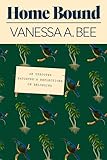
 In November and December, a time when many hurry home for the holidays and many are asked, “Where exactly is home for you?,” Kirmen Uribe‘s Bilbao–New York–Bilbao, Vanessa A. Bee’s Home Bound, and Amit Chaudhuri’s Sojourn kept me company as I debated buying plane tickets. Reflecting on the minds we meet and the ideas we exchange in the liminal space between home and elsewhere, I am as convinced as ever that the pleasure of alighting on books, one after the other, with no set agenda, no destination, extends beyond a fleeting sense of individual satisfaction. Such a pleasure charts a collective path amid uncertainty.
In November and December, a time when many hurry home for the holidays and many are asked, “Where exactly is home for you?,” Kirmen Uribe‘s Bilbao–New York–Bilbao, Vanessa A. Bee’s Home Bound, and Amit Chaudhuri’s Sojourn kept me company as I debated buying plane tickets. Reflecting on the minds we meet and the ideas we exchange in the liminal space between home and elsewhere, I am as convinced as ever that the pleasure of alighting on books, one after the other, with no set agenda, no destination, extends beyond a fleeting sense of individual satisfaction. Such a pleasure charts a collective path amid uncertainty.
More from A Year in Reading 2022
A Year in Reading Archives: 2021, 2020, 2019, 2018, 2017, 2016, 2015, 2014, 2013, 2012, 2011, 2010, 2009, 2008, 2007, 2006, 2005
















